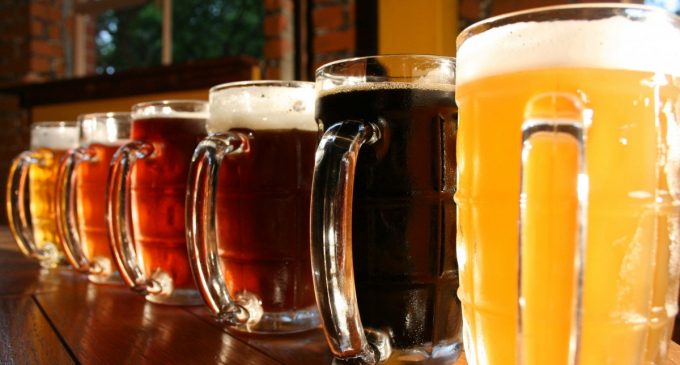UK Craft Beer Boom Sobers

The craft beer boom in the UK has slowed sharply in the last year with the total number of breweries increasing by just 8 versus the 390 added in prior twelve months, research by UHY Hacker Young shows. The total number of UK breweries reached 2,274 at the end of 2018, up from 1,352 five years ago.
The craft beer market has become difficult for new entrants as multinational brewers continue to buy and invest the more successful ‘craft’ breweries. The huge levels of investment that the multinationals then deploy through their ‘craft’ subsidiaries throw up barriers of entry against other entrants. The multinationals have been attracted by the high growth rates in the craft beer market and the premium pricing they can achieve.
These multinational backed businesses benefit from economies of scale, established distribution networks and the ability to negotiate with retailers and pub chains for shelf space. As a result, it makes it much harder for new entrants to compete.
High profile M&A transactions involving multinational businesses in the craft beer sector recently include:
- Fullers purchased all of Dark Star, a craft beer business in West Sussex for an undisclosed amount;
- Heineken has acquired stakes in Beavertown Brewery, Lagunitas and Brixton Brewery;
- Magic Rock Brewing Company, the Huddersfield-based craft brewery, and Fourpure Brewing were both acquired by Australian beer company Lion;
- Camden Town Brewery bought by AB InBev for £85m;
- East London brewery London Fields was purchased by Carlsberg for £1m;
- Meantime is now owned by Asahi after originally selling to SAB Miller.
Even five years ago the craft beer market was in its ‘gold rush’ stage which made it easier for new brewers to enter the market and quickly gain market share. With the industry maturing, it is now much harder for start-ups to gain foothold.
James Simmonds, Head of Drinks at UHY Hacker Young, says: “We’re not saying that the market is shrinking just the number of players is consolidating and sales growth is going to be harder to come buy. Craft breweries need to ensure their business model is sustainable and profitable at an earlier stage and not just rely on the idea they’ll constantly be able to grow their way out of trouble.”
“Multinational breweries can no longer count on the traditional beer market to further expansion. Large corporations will continue to look for new, niche products with high growth potential to fuel their revenue and profits.
“With supermarkets offering limited shelf space and a slow rotation of brands, small craft brewers will need to innovate to break into the market.”
The total number of breweries increased by just eight in the last year versus 390 the year before

*Source: HMRC

































